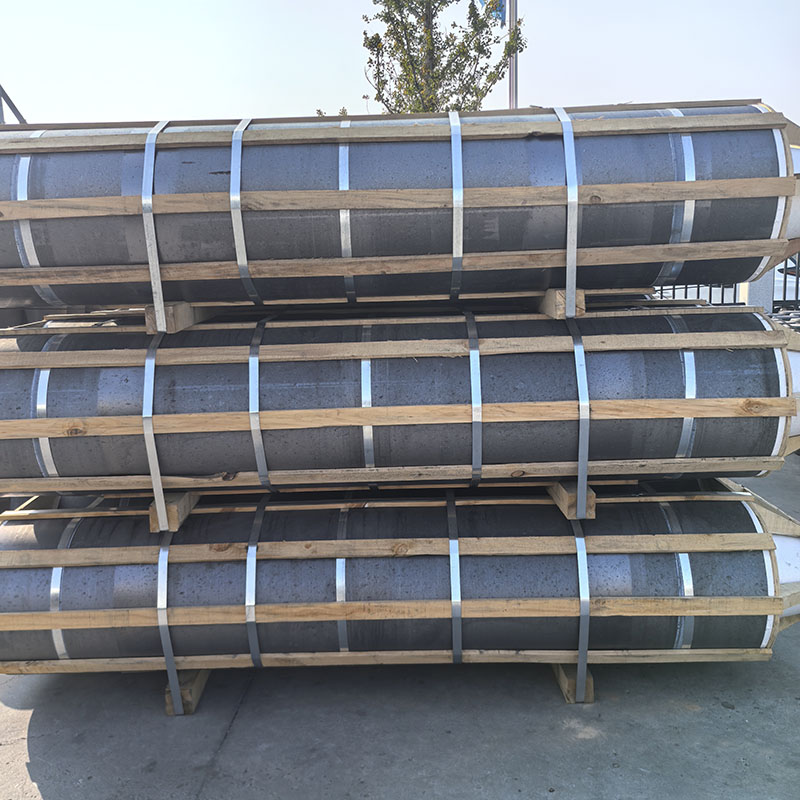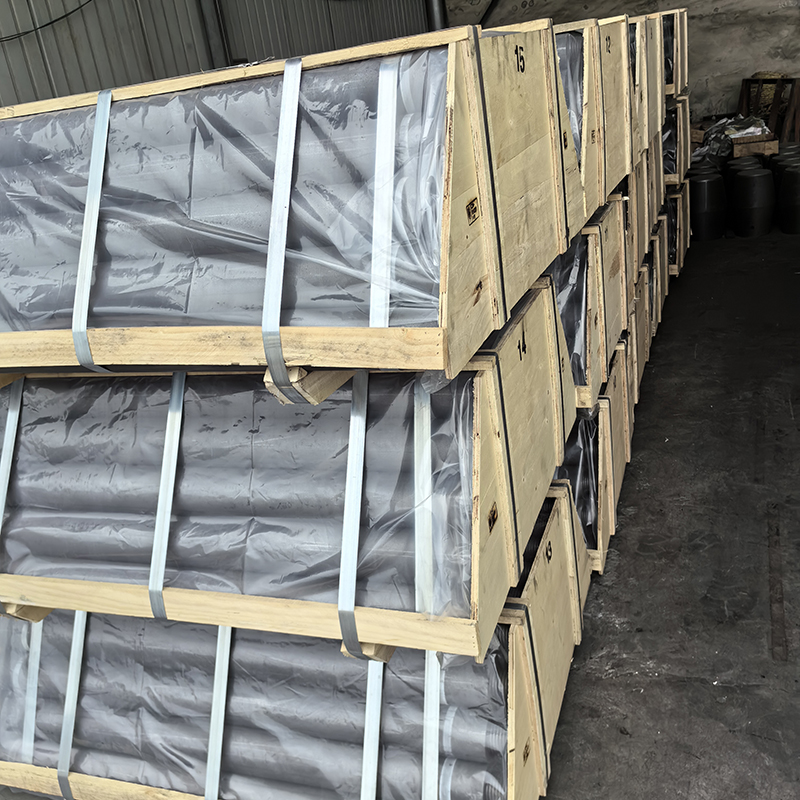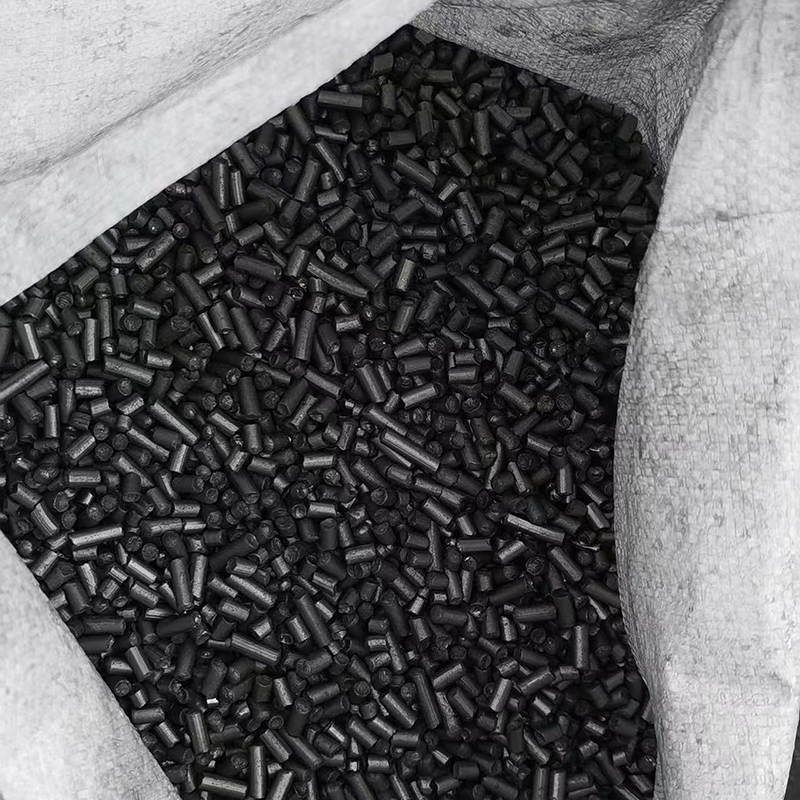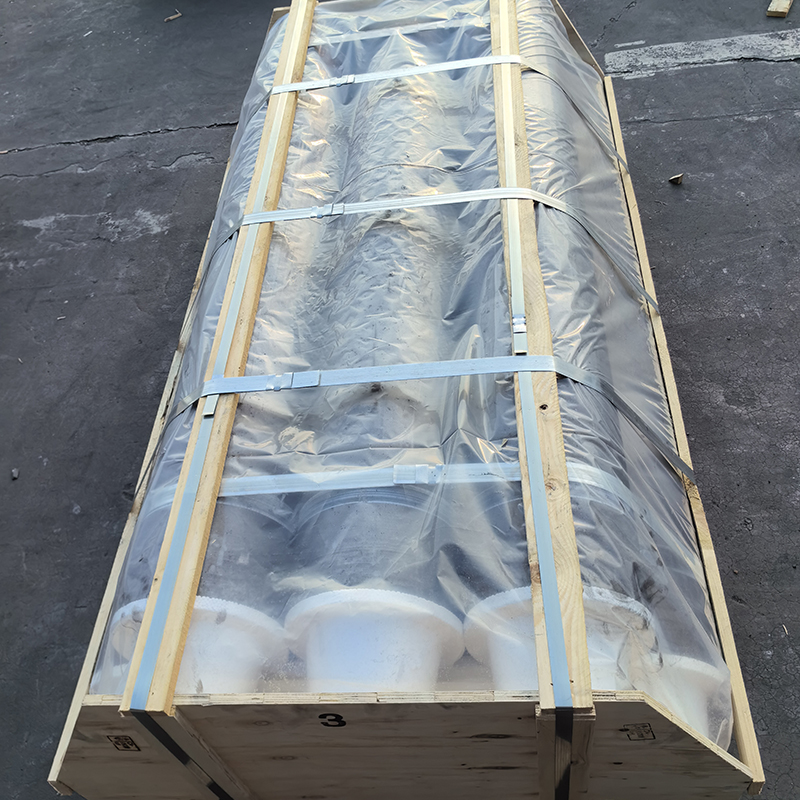- English
- Chinese
- French
- German
- Portuguese
- Spanish
- Russian
- Japanese
- Korean
- Arabic
- Irish
- Greek
- Turkish
- Italian
- Danish
- Romanian
- Indonesian
- Czech
- Afrikaans
- Swedish
- Polish
- Basque
- Catalan
- Esperanto
- Hindi
- Lao
- Albanian
- Amharic
- Armenian
- Azerbaijani
- Belarusian
- Bengali
- Bosnian
- Bulgarian
- Cebuano
- Chichewa
- Corsican
- Croatian
- Dutch
- Estonian
- Filipino
- Finnish
- Frisian
- Galician
- Georgian
- Gujarati
- Haitian
- Hausa
- Hawaiian
- Hebrew
- Hmong
- Hungarian
- Icelandic
- Igbo
- Javanese
- Kannada
- Kazakh
- Khmer
- Kurdish
- Kyrgyz
- Latin
- Latvian
- Lithuanian
- Luxembou..
- Macedonian
- Malagasy
- Malay
- Malayalam
- Maltese
- Maori
- Marathi
- Mongolian
- Burmese
- Nepali
- Norwegian
- Pashto
- Persian
- Punjabi
- Serbian
- Sesotho
- Sinhala
- Slovak
- Slovenian
- Samoan
- Scots Gaelic
- Shona
- Sindhi
- Sundanese
- Swahili
- Tajik
- Tamil
- Telugu
- Thai
- Ukrainian
- Urdu
- Uzbek
- Vietnamese
- Welsh
- Xhosa
- Yiddish
- Yoruba
- Zulu
- Kinyarwanda
- Tatar
- Oriya
- Turkmen
- Uyghur

Waa maxay 1 codsiyada warshadaha ugu sarreeya ee taarka dhuxusha?
2025-10-04
- Waa maxay Codsiyada Warshadaha ee ugu sarreeya ee Dhuxusha?
- Doorka Daamurka Dhuxusha ee Kaarboonka lagu daro
- Sirdoonka Warshadaha: Daamurka Dhuxusha ee Electrodes
- Daamurka Dhuxusha iyo Soo saarista aluminiumka: Xidhiidhka Isku-dhafan
- Caqabadaha Xakamaynta Daamurka Dhuxusha: Lama Arag laakiin Muhiim ah
- Mustaqbalka: Cusbooneysiin Isticmaalka Daamurka Dhuxusha
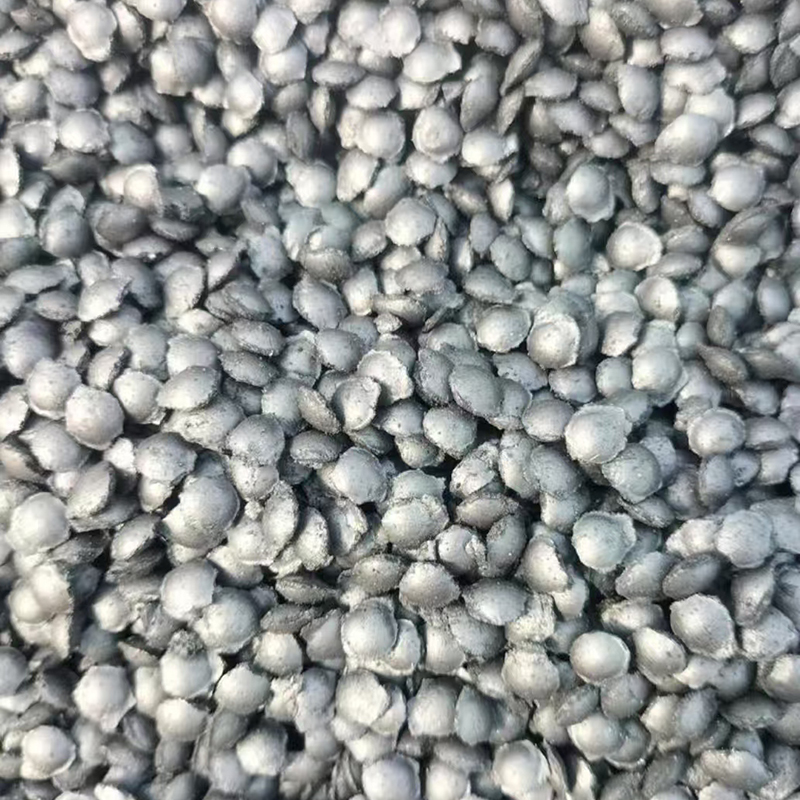
Waa maxay Codsiyada Warshadaha ee ugu sarreeya ee Dhuxusha?
Inta badan waxaad maqli doontaa daamurka dhuxusha iyo isticmaalkeeda faraha badan, laakiin maxaa ka muuqda? Waxaa ka mid ah codsiyadeeda kala duwan, mid ka mid ah kuwa ugu muhiimsan waa doorka ay ku leedahay wax soo saarka kaarboonka. U dhex gal faahfaahinta ka dambeysa walaxdan mugdiga ah, muuqaalka leh oo ogow sababta ay lagama maarmaanka u tahay qaybaha warshadaha qaarkood.
Doorka Daamurka Dhuxusha ee Kaarboonka lagu daro
Laga bilaabo waxyaabaha lagu daro kaarboonka, way caddahay in daamurka dhuxusha uu leeyahay hawl muhiim ah. Shirkadaha sida Hebei Yaofa Carbon Co., Ltd. Isticmaal kuwa ka soo baxa daamurka dhuxusha si aad u soo saartaan Calcined Petroleum Coke (CPC) iyo Graphitized Petroleum Coke (GPC). Iyada oo loo marayo hannaan nadiifin taxaddar leh, daamurka dhuxusha wuxuu isu beddelaa ilo kaarboon oo tayo sare leh. Tani ma aha oo kaliya lagama maarmaanka u ah soo saarista kaarboonka laakiin sidoo kale waxay hagaajinaysaa waxtarka wax soo saarka birta.
Waayo-aragnimadayda, tayada waxyaabaha lagu daro kaarboonku waxay saameyn toos ah ku yeelanayaan dhaqdhaqaaqa iyo xoogga alaabta kama dambaysta ah sida elektrodes-ka graphite. Waa qodob muhiim ah in la tixgeliyo marka la dooranayo qalabka loogu talagalay codsiyada waxqabadka sare leh. Laakin waxaa jira digniin- xakameynta maadada baaruudda inta lagu jiro habkaan waa fure, cashar aan ka bartay tijaabinta iyo qaladka.
Ku guuldareysiga in si sax ah loo sifeeyo daamurka dhuxusha waxay keeni kartaa wax soo saarka kaarboonka. Mid ka mid ah tusaale ahaan, kormeerka marxaladda nadiifinta ayaa horseeday wasakh kordhay, taas oo saameyn xun ku yeelatay tayada wax soo saarka. In dib u dhacyadan oo kale laga barto waa mid aad u qiimo badan, waana waayo-aragnimada kuwa nadiifiya habkayaga iyo fahamkeena waqti ka dib.
Sirdoonka Warshadaha: Daamurka Dhuxusha ee Electrodes
Hadda, ka hadlaya electrodes graphite, daamur dhuxusha waa halyey qarsoon oo halkan sidoo kale. Waxa loo isticmaalaa sida xidhe ee wax soo saarka ee electrodes, kuwaas oo muhiim u ah foornooyinka laydhka korontada ee birta samaynta. La'aanteed daamurka dhuxusha, qaab-dhismeedka cufan iyo xasilloonida kulaylka ee loo baahan yahay korantada way adag tahay in la gaaro.
Iyadoo lala kaashanayo ciyaartoyda warshadaha, oo ay ku jiraan Hebei Yaofa Carbon Co., Ltd., Waxaan arkay xooga saaraya joogtaynta tayada iyo waxqabadka. Garoonku wuxuu u baahan yahay inuu sax ahaado, haddii kale, waxaad la kulantaa arrimo ay ka mid yihiin heerka jabka oo kordhay inta lagu jiro hawlgallada.
Hal dhacdo oo la xasuusan karo ayaa ku lug lahayd dufcad aan si gaar ah loo hayn oo u baahan in la marsiiyo habayn dheeri ah si loo buuxiyo heerarka adag ee warshadaha. Wax ka qabashada arrimahan oo kale waa qayb ka mid ah ku-socodka qalafsanaanta hawlaha warshadaha iyadoo la adeegsanayo maskax istiraatiiji ah.
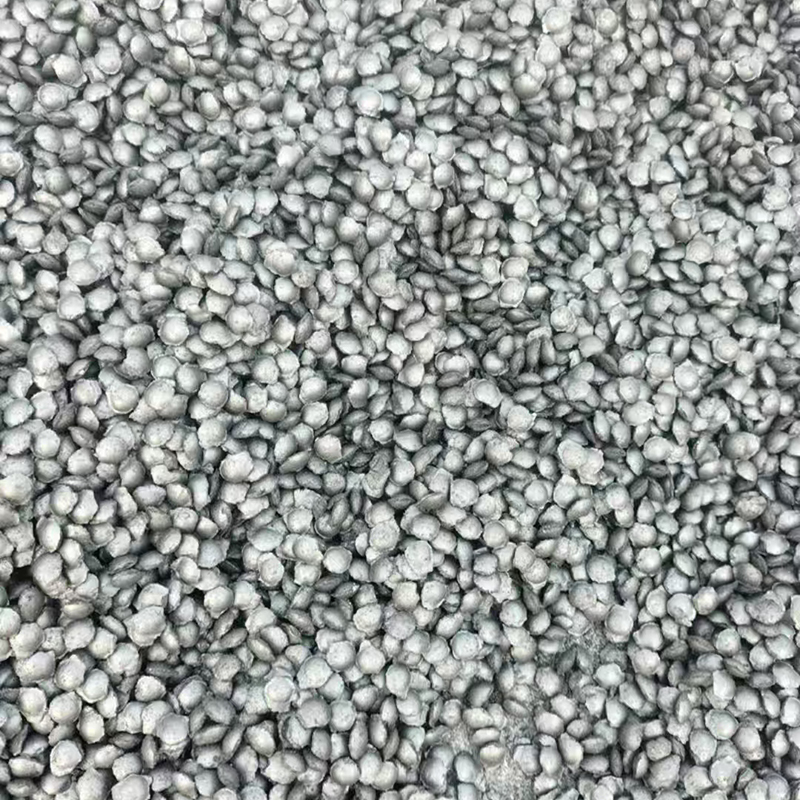
Daamurka Dhuxusha iyo Soo saarista aluminiumka: Xidhiidhka Isku-dhafan
Safarka daamurka dhuxusha kuma dhammaanayo korantada; waxay si siman muhiim ugu tahay qaybta aluminiumka. Halkan, waxaa ugu horreyn loo isticmaalaa in lagu soo saaro anodes, oo muhiim u ah aluminium dhalada. Tani ma aha kaliya wax ku kordhin fudud; waxay ka ciyaartaa dowr aasaasi ah dabaasha iyada oo loo marayo habka korantada.
Doorashada tayada saxda ah ee garoonka daamurka dhuxusha waa lama huraan. Waxay ku saabsan tahay dheellitirnaanta si loo gaaro dhaqdhaqaaqa korantada ee ugu wanaagsan iyo saameynta deegaanka ee hooseeya. Sanadihii la soo dhaafay, waxaan arkay in ka faa'iidaysiga dhaqamada waara iyada oo aan la dhimin waxqabadka ay fure u tahay joogteynta tartanka.
Caqabadda caadiga ah ee soo baxda waa la qabsiga isbedbeddelka helitaanka daamurka dhuxusha iyo dhaqdhaqaaqa suuqa. Saadalin la'aantan waxay u baahan tahay la qabsi degdeg ah iyo xeelado cusub si loo sugo silsiladda saadka, iyadoo la hubinayo sii socoshada wax soo saarka.
Caqabadaha Xakamaynta Daamurka Dhuxusha: Lama Arag laakiin Muhiim ah
Isku darka daamurka dhuxusha ee codsiyada warshadaha maaha caqabad la'aan. Laga soo bilaabo kaydinta ilaa habaynta, ilaalinta daacadnimadeeda waa hawl lafteeda ah, silbasho kastaa waxay u horseedi kartaa dib u dhac weyn.
Dhirta aan booqday, gaar ahaan gobollada cimiladu aad u daran tahay, maaraynta viscosity-ga dhuxusha iyadoo laga hortagayo xaalufka deegaanka la xiriira waa dagaal joogto ah. Kaabayaasha dhaqaalaha waxay u baahan yihiin inay buuxiyaan shuruudahan iyada oo aan la kordhin kharashyada aan loo baahnayn.
Istaraatiijiyad kasta oo wax lagu dhimayo, hadday tahay xalka kaydinta ama habka gaadiidka, waxay u baahan tahay dib u eegis iyo la qabsi joogto ah. Waa caqabad firfircoon laakiin udub dhexaad u ah in si wax ku ool ah loo maareeyo daamurka dhuxusha, taasoo muujinaysa dheelitirka jilicsan ee loo baahan yahay maaraynta alaabta warshadaha.
Mustaqbalka: Cusbooneysiin Isticmaalka Daamurka Dhuxusha
In kasta oo isticmaalkeeda caadiga ah si fiican loo yaqaan, waxaan sidoo kale sahamineynaa codsiyada cusub. Waxaa jira xiiso sii kordheysa ee isticmaalka daamurka dhuxusha ee tignoolajiyada cusub, sida wax soo saarka batteriga iyo wax soo saarka fiber carbon. Goobahan soo baxaya waxay u arkaan daamurka dhuxusha mid wax ka bedeli kara ciyaarta sababtoo ah sifooyinkeeda gaarka ah.
Tani waxay furaysaa fursado xiiso leh, haddana waa seef laba af leh. Isku-dubbaridka teknoolojiyadda cusub iyo hababka dhaqanka waxay u baahan tahay cilmi-baaris iyo horumarin taxaddar leh. Ma beddeli kartid oo keliya agabka iyada oo aan la tijaabin la'aan iyo hab-socod la'aan.
Shuraakada lala yeesho hay'adaha sida Hebei Yaofa Carbon Co., Ltd. noqdaan kuwo qiimo leh, oo awood u leh khibrad iyo agab sax ah. Ku hagidda hal-abuurkan codsiyada la taaban karo waa safar xiiso leh oo sii socda si uu u furmo, isaga oo ku celcelinaya sheekada kobcaysa ee muhiimadda dhuxusha.







